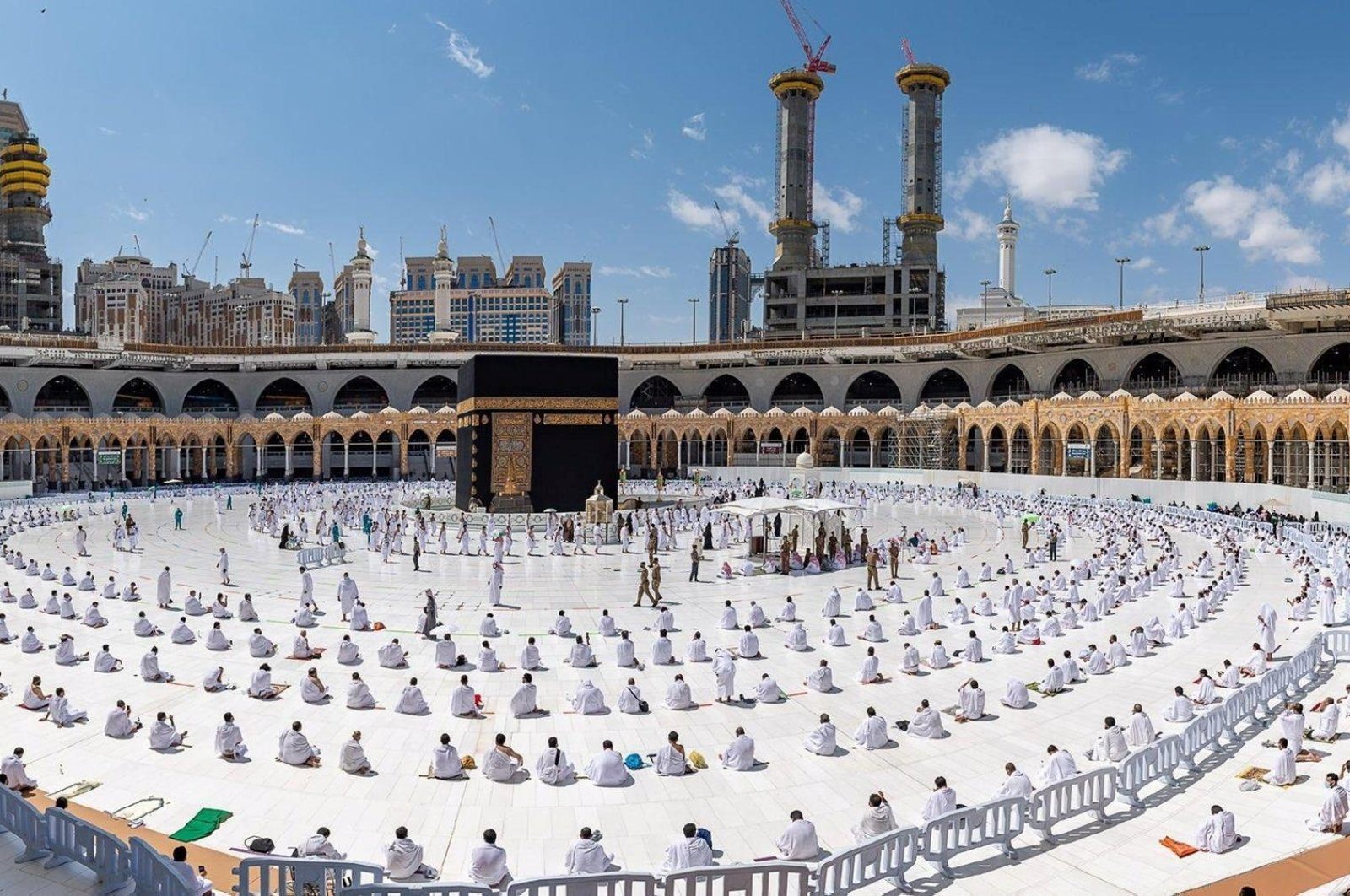Saudi Arabia is considering barring overseas pilgrims from the annual haj for the second year as the world witnesses a continued surge in Covid-19 cases.
Overseas Hajj pilgrims could be barred from participating in the pilgrimage for a second year in a row, reports suggest, as Saudi authorities mull more restrictions as Covid-19 variants continue to appear.
Sources reveal authorities have already suspended earlier plans to host pilgrims from abroad, and will only allow domestic pilgrims who have been vaccinated or have recovered from the coronavirus at least six months before the pilgrimage.
Such a move would hold back even Saudi nationals and residents who have recovered from Covid-19 or received the vaccine in a period less than six months prior to attending the annual pilgrimage.
The initial plan was to allow a limited number of vaccinated pilgrims from abroad, but due to confusion over the types of vaccines, their efficacy and the emergence of new strains, officials are rethinking the strategy.
The kingdom has yet to confirm details of this year’s Hajj.
Last year, foreigners from abroad were prohibited from performing the pilgrimage in the wake of the Covid-19 pandemic. Only a limited number of Saudi citizens and residents were allowed to attend.
Read also: Travelling for Umrah from Qatar this year? Here’s all you need to know
Prior to the pandemic, some 2.5 million pilgrims from around the world would visit Islam’s two holiest sites in Mecca and Medina for the week-long pilgrimage.
The annual Hajj and year-round, lesser Umrah pilgrimage, bring in around $12 billion a year to the Saudi kingdom, according to official data.
“As part of economic reform plans, the kingdom was hoping to raise the number of Umrah and Hajj pilgrims to 15 million and 5 million respectively by 2020, and aimed to double the Umrah number again to 30 million by 2030. It aims to earn 50 billion riyals ($13.32 billion) of revenues from the haj alone by 2030,” Reuters reported.
To date, Covid-19 infections continue to surge in over 30 countries globally.
Allowing an influx of pilgrims from around the world poses a major risk to the already increasing number of Covid-19 cases around the world.
In February, the Saudi government suspended entry to the kingdom “from 20 countries, with the exception of diplomats, Saudi citizens, medical practitioners and their families, to help curb the spread of the new coronavirus,” Reuters reported.
“The ban, which is still in place to date, includes people arriving from the United Arab Emirates, Germany, the United States, Britain, South Africa, France, Egypt, Lebanon, India and Pakistan,” it said.
Follow Doha News on Twitter, Instagram, Facebook and Youtube







